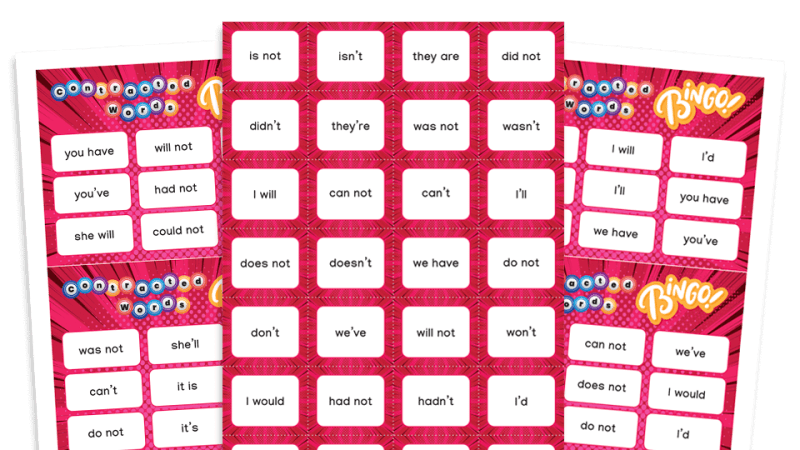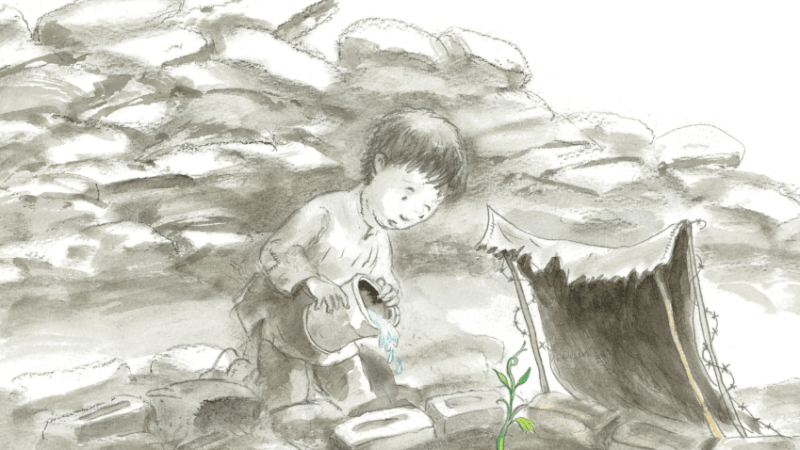Phonics Check Scores are Rising, But are Children Actually Getting Better at Reading?

I don’t disagree with the use of phonics, says Julie Price Grimshaw, but for a minority of children, it just doesn’t work at all

‘Teaching children to read is the key to unlocking human potential.’ This was the opening line in a speech given by Nick Gibb last December. It’s hard to argue with the sentiment here, but the main gist of the speech came over as a slightly smug ‘I told you so’, directed at those who have dared to criticise the use of phonics in teaching early reading.
The basis for Mr Gibb’s celebration was the data from the 2016 Progress in International Reading Literacy Study (PIRLS), putting England in 10th place out of 50 countries.
The ten-year olds taking the test in 2016 were the first to take the phonics check back in 2012. Tenth place out of 50 does seem quite good. But is the improvement really that great? In 2011, England was in 11th place. And is it really down to just phonics?
Mr Gibb is scathing about other approaches to the teaching of reading. He says he ‘vividly recalls visiting classrooms around the country where pupils were being failed; too many were unable to read.’
He doesn’t stop there, saying that critics of phonics are responsible for ‘stifling human potential and negatively affecting the life chances of countless children’. Strong words indeed.
Scores in the Y1 phonics check have risen year on year, but does this mean that pupils are better at reading? Or did we just get better at the test?
I’m sure in years to come I’ll be making a similar statement to Mr Gibb – except I’ll be saying that I vividly remember visiting classrooms around the country where pupils spent vast amounts of time deciding on whether words were ‘real’ or ‘nonsense’.
Not long ago, a bright girl in Y1 told me she was bored with the ‘treasure or trash’ word sorting game. She said, “Why do we need nonsense words anyway? Haven’t we got enough proper words to read?”
No one likes to talk about ‘teaching to the test’, but in the case of phonics it’s impossible to avoid. Would we devote so much time to teaching children how to read words that don’t exist in common use if we weren’t pressured by an obsession about phonics check scores?
I visited a school a few years ago where the Y1 phonics test scores looked quite poor but pupils were impressive readers by the end of Y2. Their teachers told me that the nonsense words were the problem. If the children see the word ‘stom’, they want it to make sense so they just say ‘storm’.
Mr Gibb strenuously defends the teaching of ‘pseudo words’ as important in terms of decoding skills, but you don’t have to go far to find a researcher who disagrees profoundly.
I’m not really seeing enough evidence that phonics leads to accurate spelling. Last year I visited a Y2 writing lesson and noticed that lots of pupils were spelling the word ‘are’ as ‘ar’.
I asked a few pupils about this and they said it was on the flashcards that their teacher showed them. It seems that they had seen ‘ar’ so many times, they had mentally ‘photographed’ it – and the teacher didn’t want to correct it because there’d be too much red ink on the page.
The issue with spelling here was only partly linked to phonics; the problem is, some teachers are worried that they will somehow damage children by correcting a spelling mistake. And yet somewhere along the line, someone has to help children to get it right.
Personally, I think it’s got to be sooner rather than later; every time a child writes a word incorrectly, it becomes a little more embedded.
There’s always been a fixation with getting children to read as early and quickly as possible. Back in the 1960s there was an approach called the Initial Teaching Alphabet; look it up and you probably won’t believe it, but it was actually used in many schools.
I don’t disagree with the use of phonics; far from it. But for a minority of children, it just doesn’t work at all.
Phonics develops children’s decoding skills, but we all know that there’s more to reading than decoding.
In the 2016 PIRLS assessment, England may have come tenth in the reading test, but ranked 34th out of 50 for enjoyment of reading.
Phonics doesn’t improve comprehension and it doesn’t teach children to love books. The danger is that we’re forced into spending our valuable time on decoding to the exclusion of all else.
Julie Price Grimshaw is a teacher, trainer and education adviser. She has been involved in school inspections since 2001. Find her at selfpropelledlearning.co.uk and follow her on Twitter at @julespg.












